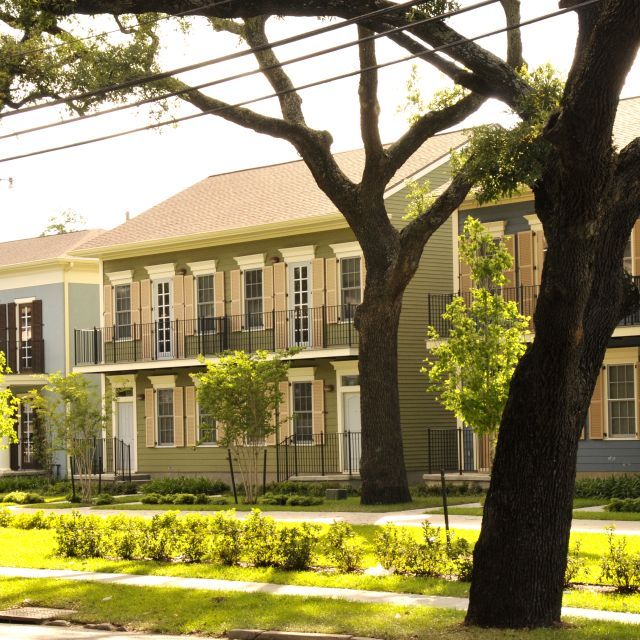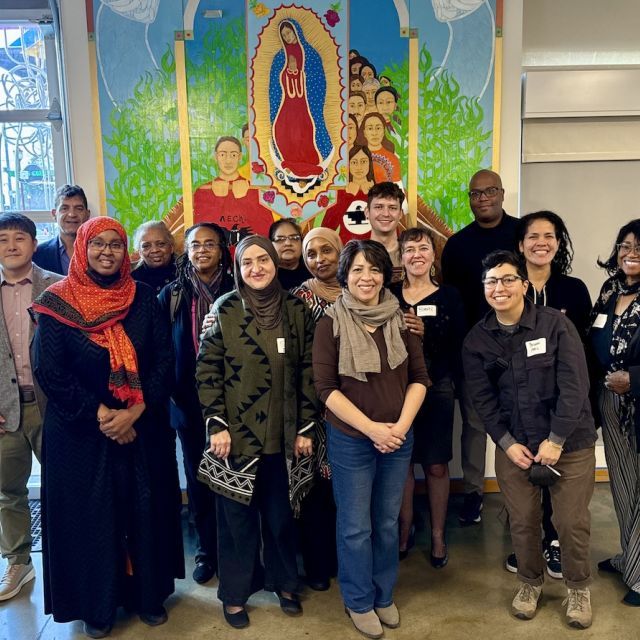California’s budget process is in full swing with the release of the May Revision of Gov. Newsom’s proposed budget for the fiscal year (FY) 2022-2023. The budget negotiation process with the state legislature will continue into June until they approve and pass a final budget by June 15, which the governor must then sign by June 30.
The May Revision includes an updated surplus of $97.5 billion, over $50 billion higher than the projections in the January Budget Proposal. This historic surplus is an unprecedented amount for California and the highest surplus level for any state in the country.
The Administration’s revised budget proposal continues to demonstrate a commitment to housing and homelessness, and we extend our gratitude for their partnership and commend their leadership on these issues.
California has a golden opportunity to take advantage of this historic budget surplus and significantly increase funding for affordable housing and to address homelessness. While the proposed investments remain substantial, much larger investments are necessary to meet the housing needs of low-income Californians today.
The May Revision includes the following proposed investments over the next two fiscal years and includes the following highlights:
-
$300 million in supplementary funding for the Affordable Housing and Sustainable Community Program ($75 million in FY 2022-23, $225 million in FY 2023-24) in addition to the annual 20 percent of continuous appropriations through the Greenhouse Gas Reduction Fund
-
$500 million for the Infill Infrastructure Grant Program ($225 million in FY 2022-23, $275 million in FY 2023-24), which funds much of the complementary infrastructure needed for affordable housing developments
-
$500 million in state low-income housing tax credit program for the coming fiscal year
-
$500 million for FY 2023-24 and 2024-25 to accelerate affordable housing production in downtown areas through adaptive reuse of existing infrastructure, underutilized retail space and commercial buildings
-
$2.7 billion in emergency rental assistance to continue to make payments to individuals in the federal Emergency Rental Assistance Program while the federal government processes reallocations of unused rental assistance funding from other states
-
$150 million in additional funds for Homekey
-
$500 million over two years to house unsheltered individuals on state-owned land through grants to local governments for interim housing and site preparation
-
$200 million for the Portfolio Reinvestment Program to preserve existing affordable homes ($50 million in FY 2022-23, $150 million in FY 2023-24)
-
$100 million for the Mobilehome Park Rehabilitation and Resident Ownership Program ($25 million in FY 2022-23, $75 million in FY 2023-24)
-
$500 million for Encampment Resolution Efforts for the coming fiscal year
-
$1.5 billion for Behavioral Health Bridge Housing ($1 billion for FY 2022-23, $500 million for FY 2023-24)
In addition to the investments included in the governor’s proposal, we will be working with our partners to advocate for the following additional budget commitments:
-
$500 million in the Community Anti-Displacement and Preservation Program (CAPP) to acquire unsubsidized affordable housing and make them permanently affordable. This investment will prevent displacement while expanding the stock of affordable housing quickly and cost effectively. Please sign on your organization to the CAPP budget request letter.
-
Supplemental investments in the California Department of Housing and Community Development programs, particularly the Housing Accelerator Program, to ensure that shovel-ready affordable housing developments are not stalled due to a lack of resources. This also ensures that California’s affordable housing pipeline can move forward given the bond cap and tax credit constraints that continue to impede affordable housing development statewide, especially as federal solutions remain stalled.
-
Invest in operations and services for permanent supportive housing, including Homekey sites, that serve many of California’s most vulnerable residents. This funding is critical to ensure permanent housing and ongoing support to residents who were previously unhoused or at risk of homelessness.
We look forward to working closely with our partners in advocating for more robust funding for affordable housing to address the needs of low-income Californians across the state.


